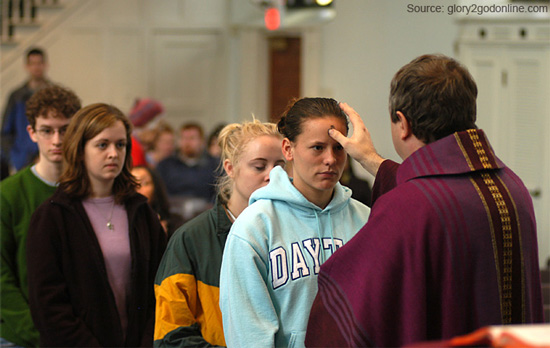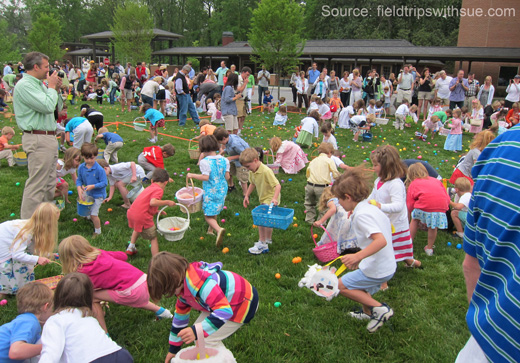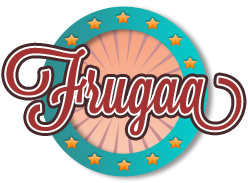Easter Holiday Celebrations
In just two weeks on Sunday, April 5th, the national Easter holiday will be celebrated by millions of people around the world. The holiday is universally celebrated as a way of honoring the resurrection of Jesus Christ after his crucifixion. While Easter Sunday is just one day, Christian’s celebrate the days leading up to Easter with their own personal sacrifices to honor the Lord Jesus and how he, as Christians believed, died for their sins.
The days and weeks leading up to Easter is called Lent. Lent begins on Ash Wednesday, which might begin anytime between early February or early March each year, to coincide with the timing of when the Easter Sunday holiday falls on the calendar. On Ash Wednesday, Western Christian tradition calls for believers to attend a special church service in which all people will confess their sins within the house of God. On this day, Catholics, Lutherans, Methodists, Anglicans and Presbyterians, all the Christian denominations, will undergo a metaphorical baptism in which, once their sins are confessed, they are adorned with ashes on their forehead. The ashes are provided by the priest and marked in the shape of a cross to the head; ashes are used to signify our bodies turning to ash after death, a direct respect shown to Jesus as we embark on the coming days of celebrating his life, death, and each individual’s personal relationship with God.

Ash Wednesday is a day of fasting, where Christian’s willingly abstain from indulging in food and drink of any kind. In Western culture, all Christian’s do not necessarily fast the same, but those who do will be sure to restrain from the temptation of goods for at least the 24 hours of the day and keep the ashes on their forehead on for the entire day and evening, no matter where they go, be it work, school, or elsewhere.
Lent makes up the 6 weeks prior to Easter, and is identified as the 40 days before the day of resurrection. However, it’s really 46 days, because each Sunday is excluded from the official count, since Sunday is already considered a “holy” day each week of the year. Lent is a time for atonement, self-denial, and repentance of sins; therefore, each individual is to give up superficial and material aspects of their life for these days. Western Culture is highly seeped in luxuries and indulgences, and even most practicing Christian’s who believe in the resurrection and the honoring of Easter Sunday will make only minor scarifies. Most will choose to give up eating meat, being on the computer each day, not drinking alcohol, or not eating unhealthy foods.
Many serious Christian’s will make it a time to not only give up these kinds of indulgences, but also through doing good deeds for others in an unselfish way, making sure to incorporate Bible reading into their next 40 days of worship, or to find new ways of expressing spirituality and belief in every day life. The great thing about Lent is that each persons “sacrifice” is personal, unique, and their own reflection of their relationship to Jesus and how they live their life. These days are meant to be a time of internal understanding in which we gain greater spiritual understanding and appreciation for the Lord and Christian religion.

During the week leading up to Easter, churches are filled and extra masses are scheduled to accommodate the overwhelming outpouring of prayer. Referred to as the Holy Week, this week is filled with special days. The first day of the week is Palm Sunday, where Jesus arrival into Jerusalem is celebrated, and worshipers will carry palm braches to commemorate that day. The palm branches are burned; the ashes are saved, and in turn used on the following year’s Ash Wednesday for services. The remainder of Holy Week is filled with Holy Wednesday, Maundy Thursday, and Good Friday, a nationally celebrated holiday where schools are closed to reflect on Jesus’ crucifixion and death. Holy Saturday, or Easter Eve, hosts a wealth of people at churches and masses to take reflection of the past several weeks and the year ahead. Then, finally, comes Easter Sunday, the day of resurrection that Christian’s have been leading up to and preparing for over the last month and a half.
On Easter Sunday, Christian’s will break “fast,” and are finally allowed to partake in whatever restrictions they have placed upon themselves over the last 46 days, if they choose to do so. In addition to longer, more spiritually marked, and more passionately attended church services, families gather to enjoy in a great feasting of food, drink, games, and prayer.
The most celebrated Easter tradition might be to dye and hunt for Easter eggs. Hard-boiled eggs are dyed various colors in the days preceding and hidden around the yard for children to seek and find. Originally, the tradition of dying the eggs the color red was to represent the spilt blood of Christ upon his death. Nowadays, the eggs are dyed pastels like pink, green, blue, yellow, orange and are a kid-friendly tradition created for fun and games. Often, on Easter, the eggs will be cracked and eaten as a customary food at gatherings and are even used to bake into savory breads as a delicacy. Breads, meats, egg dishes, pies, cakes, and cheeses are often consumed with brunch cocktails like mimosas or Bellini’s, or red wine that also represents Christ’s blood.

While Easter is a religious holiday first and foremost, the day has also become a children’s holiday, in some ways sharing characteristics to Christmas. Western Christian children will wake up on the morning of Easter to a basket filled with gifts from the “Easter Bunny.” This folklore image is much like Santa Clause or the Tooth Fairy, in which they visit to bestow gifts upon the children, but to also hide Easter eggs throughout the home and yard for the kids to enjoy the hunt. Most Easter baskets are filled with chocolate covered bunnies, snacks, small games or toys.
Even non-practicing Christian’s in Western culture who do not partake in many of the religious ceremonies throughout the weeks leading up to the holiday will take part in the Easter celebration as a way to spend time with loved ones and share in great traditions of their family and culture. The Easter holiday is truly a time for reflection, gathering, feasting, and celebrating, whether to the individual this is in regard to the life, death, and resurrection of Jesus or in the simple appreciation of family and one’s own life on Earth, it is a beautiful Spring day filled with joy and laughter, and hopefully some prayer and gratitude thrown in.
